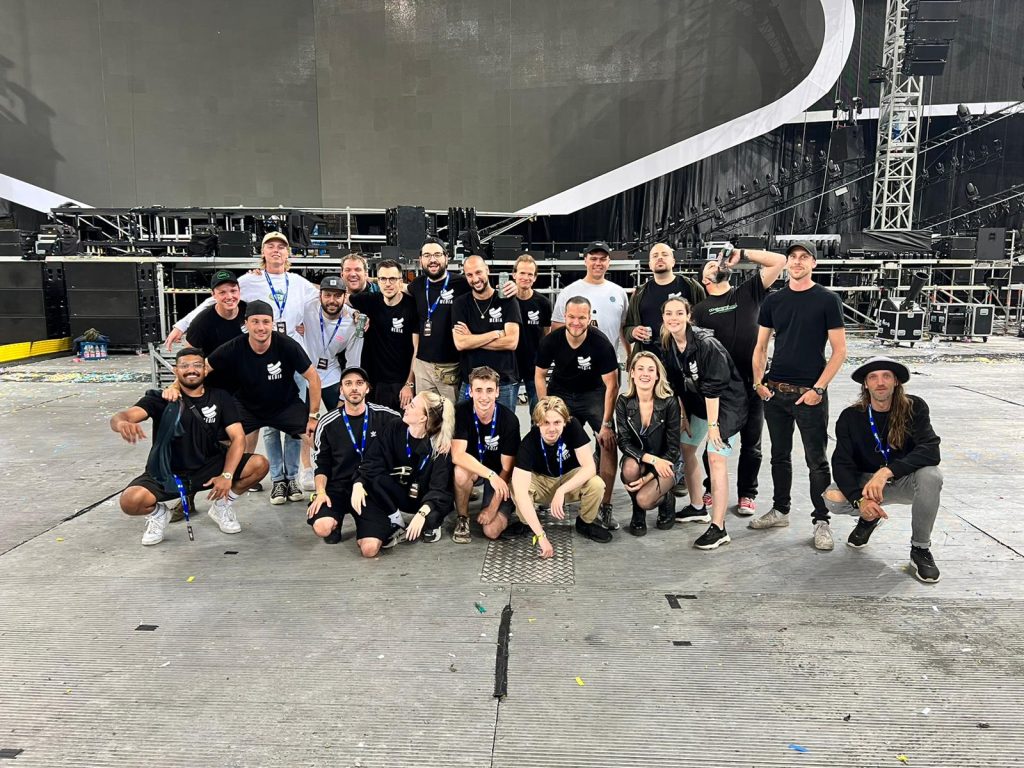We have interviewed several Young professionals to gain more insight from their point of view. Julian participated in the IMI Lab in the fall semester of 2021. In this interview, you can read more about her experience during the IMI lab.
Can you introduce yourself?
My name is Julian Remmers, I am currently a third-year creative business student at Inholland Haarlem. 24 years old and I also live in Haarlem. I have always had a great passion for music and images.
What do you do during your studies?
I did an internship at Nomobo, which is a Livestream broadcasting party. They take many actions when it comes to festivals. Arranging an Ultra Miami Livestream and also corporate parties in it. It is a very interesting mix of EDM, more visuals, and broadcasting. Which I could not have found anywhere else.
Why did you choose IMI lab?
The first reason is that music is a great passion for me, which is also one of the reasons that I started studying creative business. I do the Dutch version of creative business, so I already had a lot of lessons in Dutch. So, for me, it was very attractive that it was in English, and therefore much more internationally oriented. We have another English-language music minor within creative business, which was a bit more internal. This is of course arranged more by an external party. I was interested in seeing how things were arranged outside Inholland, outside my studies. I was therefore curious to see how it that would look like in a different form.
What is your favorite music genre?
EDM, dance, and electronic music. You have all kinds of sub genres in it, but I enjoy all of it. By the way, I’m very broad-minded, but EDM is what I started with myself and what I still work with the most. So that has a very special place in my heart.
Do you ever visit a festival or concert?
Yes, I do it much less than people expect of me. I think maybe once or twice a year. It’s significantly less, which is kind of funny because I work in that industry myself. Lately, I’ve went to loads of festivals, but that was because of my internship. It’s interesting, I’m very up to date with the festivals. But I either just don’t have the right group of friends or I’m short on cash. Then I decide to not buy the ticket.
So which is the best place you’ve been to?
The one that will always stay with me is liquicity, that is a drum n’ bass festival that was given in Geesterambacht. After all, not such a big festival, many people don’t even know the name. What attracted me is that there was an organization behind it, but it didn’t feel huge. You could do things like a small arcade hall with classic games, a carousel, and a ball pit with a DJ in it. It wasn’t too big, but there was a lot to do. I thought that was very cool. At big festivals, you often stand in line for half an hour for things. This was just the ideal mix.
